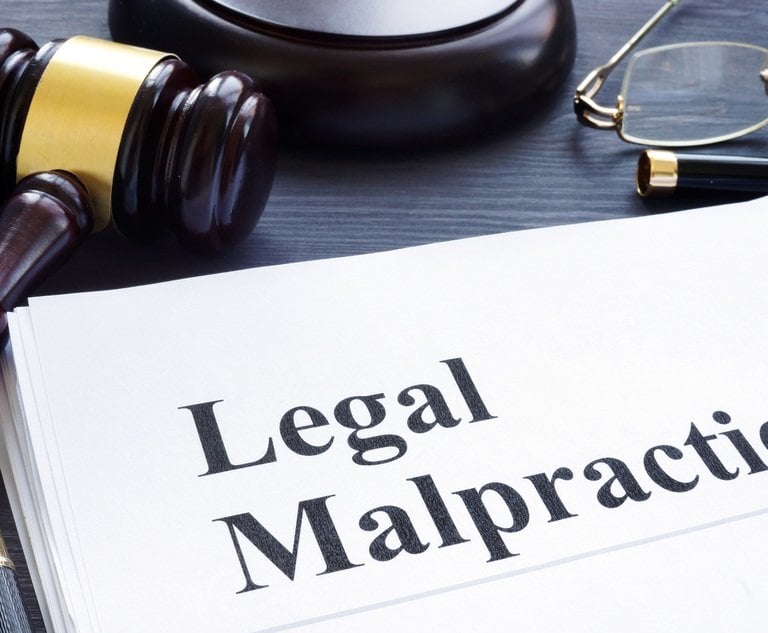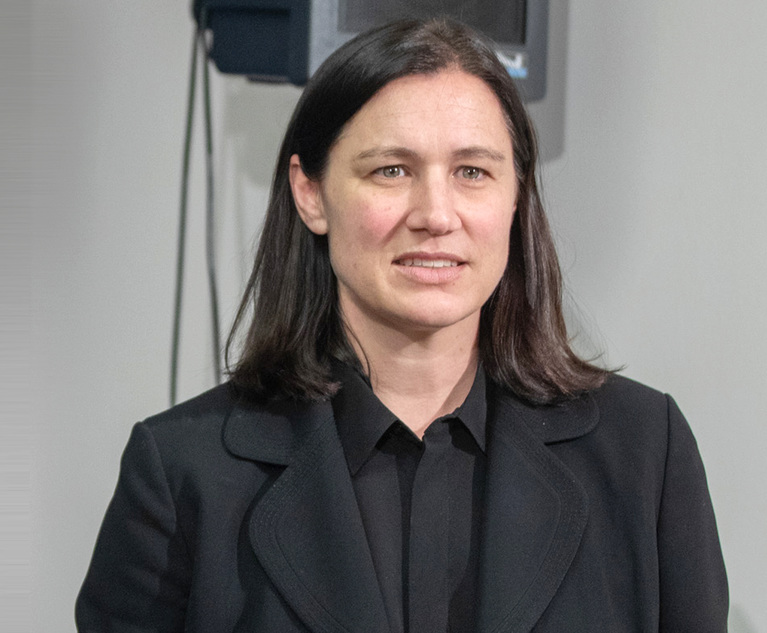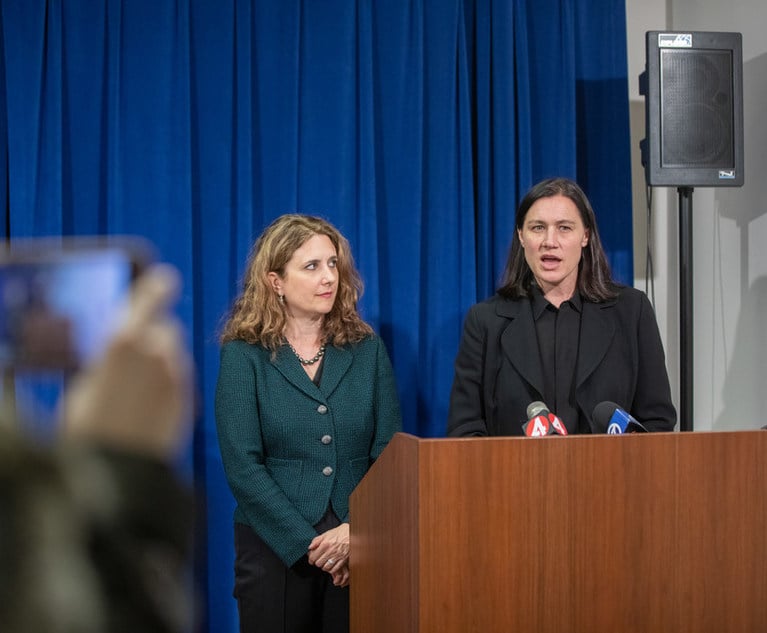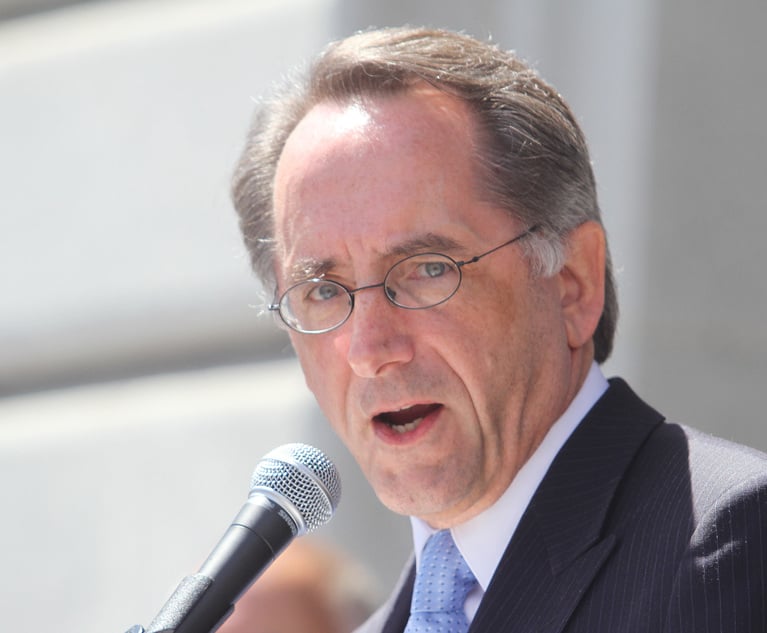A California appellate court has turned down a request from a lawyer seeking $308,000 in attorney fees for his initial representation of the family of a man shot and killed by Los Angeles County sheriff’s department officers in 2016.
The Second District Court of Appeal on Wednesday affirmed a trial court decision granting Los Angeles attorney Michael Traylor just $17,325 from the $7 million settlement that lawyers who took over the case from him reached to settle the wrongful death and civil rights claims. The court found that Traylor hadn’t handed over his files to the new lawyers and had submitted three separate accounts of time spent on the matter. In publishing the decision, the court noted it wanted to highlight that “contemporaneous time records” are the best evidence of an attorney’s work.
This content has been archived. It is available through our partners, LexisNexis® and Bloomberg Law.
To view this content, please continue to their sites.
Not a Lexis Subscriber?
Subscribe Now
Not a Bloomberg Law Subscriber?
Subscribe Now
LexisNexis® and Bloomberg Law are third party online distributors of the broad collection of current and archived versions of ALM's legal news publications. LexisNexis® and Bloomberg Law customers are able to access and use ALM's content, including content from the National Law Journal, The American Lawyer, Legaltech News, The New York Law Journal, and Corporate Counsel, as well as other sources of legal information.
For questions call 1-877-256-2472 or contact us at [email protected]


 Lights flashing atop a police car. (Photo: Shutterstock)
Lights flashing atop a police car. (Photo: Shutterstock)





